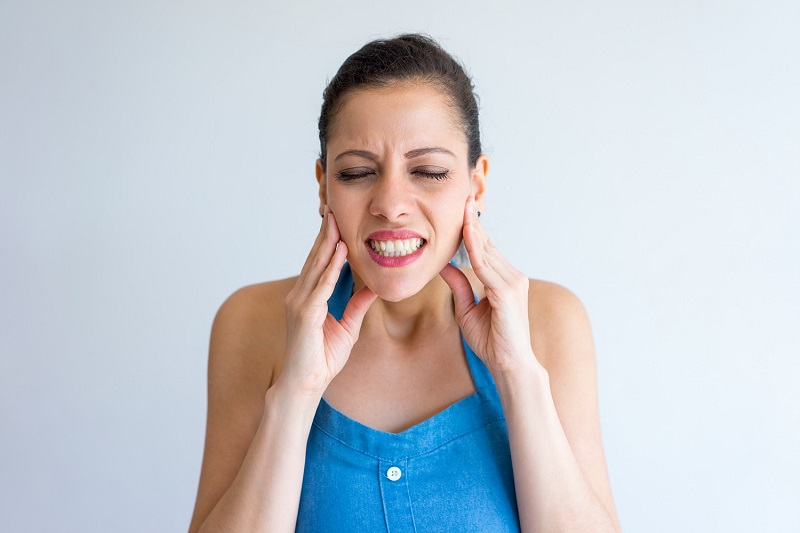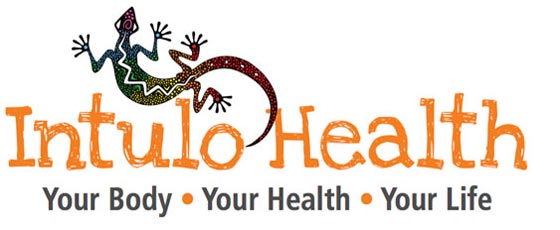The negative effects of grinding teeth and how to treat it

Teeth grinding is a common condition in many children and adults. While grinding itself is unlikely to cause lasting damage to your teeth, it can be uncomfortable and lead to pain in your neck, jaw, back and head, so finding a treatment that works for you is important.
The causes of teeth grinding aren’t always clear, but anxiety and stress are primarily to blame. However, certain medications, sleeping disorders, and lifestyle factors such as drinking alcohol, smoking, too much caffeine, and using recreational drugs can also play a role, too.
In today’s article, we’re delving deeper into the symptoms of teeth grinding, giving you tips on how to work out whether you’re grinding your teeth, and some of the treatments you should consider if you want to overcome teeth grinding.
How do you find out if you grind your teeth?
If you’re asleep when you’re grinding your teeth, then how do you know you’re doing it? There are some telltale signs that give away whether or not you’re a teeth grinder, the most obvious being the flatness of your teeth. If all of your teeth are the same length and appear flat, then there’s a chance you grind your teeth at night. You’re not alone: an incredible 70% of us do.
Your partner or siblings could also help figure out whether you're grinding you teeth and if they hear that you're grinding in your sleep during the night, it will be apparent from the noise that it makes. You are also likely to wake up with a lot of tension in the jaw or in the head in the mornings and most of the time this pain is presented as a headache when in actual fact it could be coming from tension in the jaw.
What are the symptoms of teeth grinding?
The symptoms of teeth grinding go far beyond a noise and a damaged tooth. Teeth grinding can lead to facial pain, headaches, neck pain, back pain, migraines, disrupted sleep and broken or worn-down teeth that can become more sensitive and prone to tooth loss. The good news is that permanent tooth damage only occurs in severe cases, where dentists may recommend a shield or a mouth splint to wear in bed. There are some simpler treatment options to consider, too…
How do you stop grinding your teeth?
The simplest and most effective way to reduce teeth grinding is to reduce anxiety and stress, and you can do this through improving your lifestyle, eliminating stress, exercising more, eating well and massage therapy. There are a number of massage therapy techniques designed to relieve stress and reduce the tension in your body, which will reduce the chances of grinding your teeth. We have found a lot of success at treating the jaw area and relieving tension working on the muscles that are responsible for causing much of the tension, which then lead to teeth grinding, a side effect of tension in the actual jaw muscles. Deep tissue massage in the neck and shoulders will also help relieve this tension.
Speak to your therapist before a massage session so that they can direct attention to your masseter muscle in the sides of your face to relieve tension and reduce grinding.
If you’re interested in arranging a massage therapy, contact the Intulo Health Team and find out more about how we can help you. Come to see us in Bournemouth or Ferndown. Call us on 01202 443892, text: 07789 810752 or email amanda@intulohealth.com


